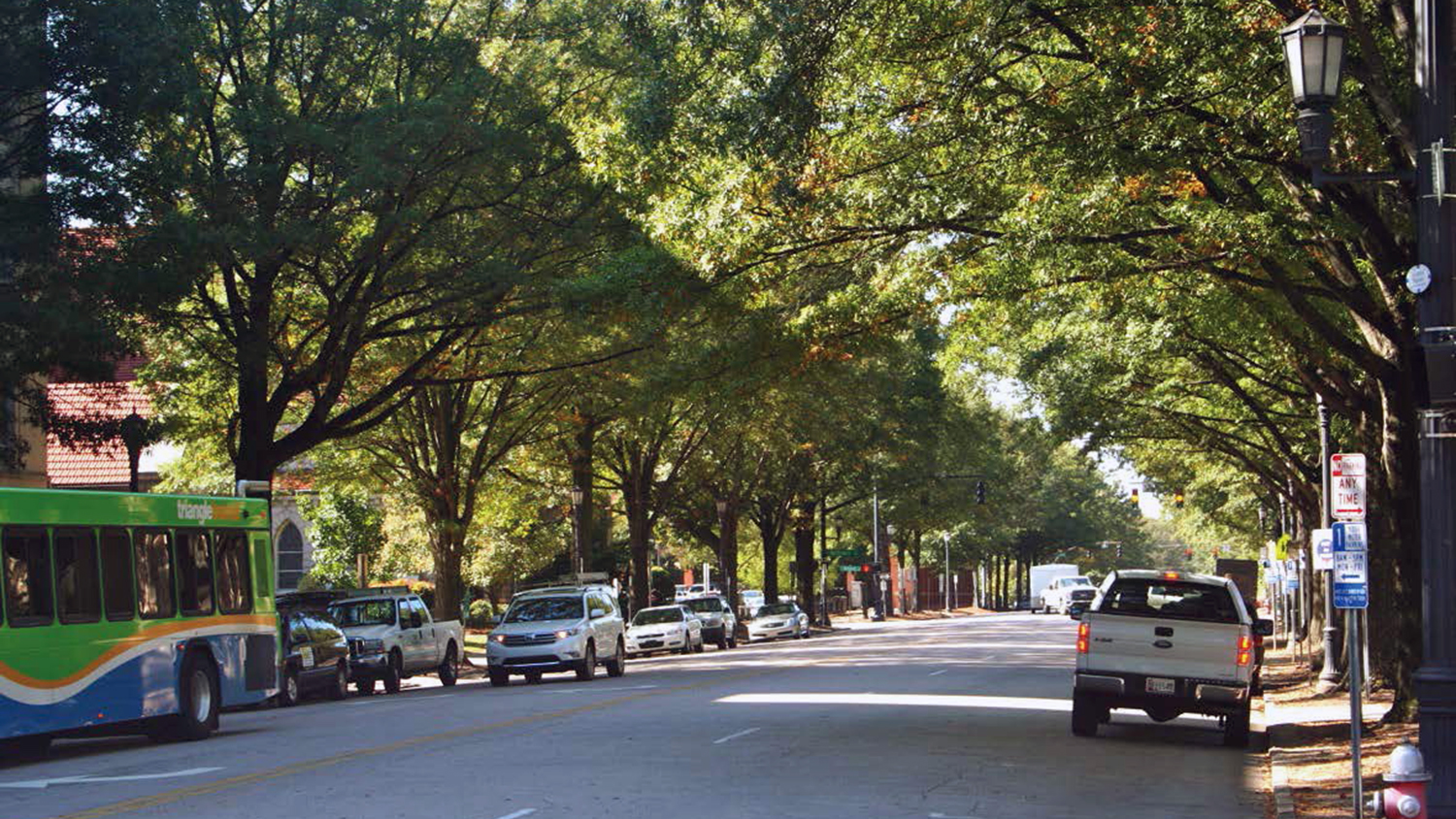ecology
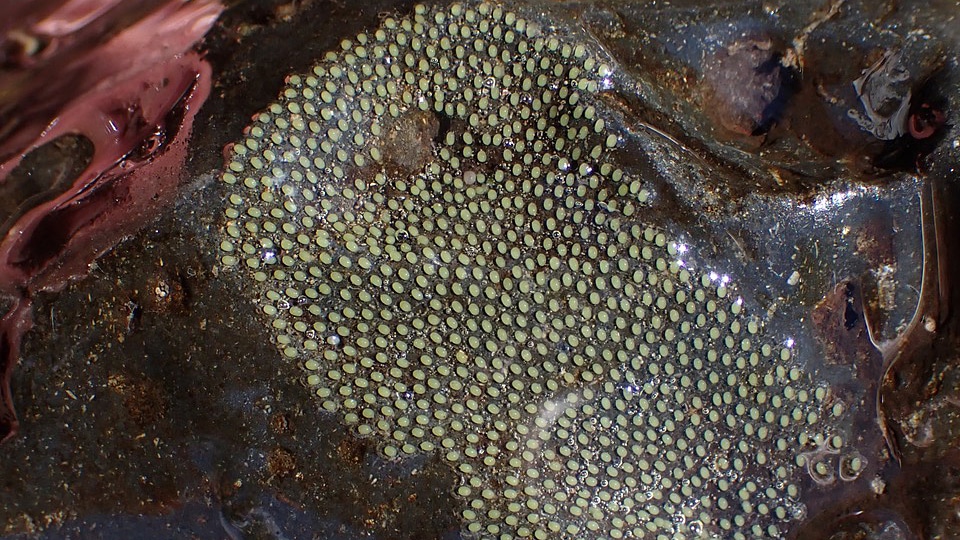
Aquatic Insects in Restored Streams Need More Rocks to Lay Their Eggs
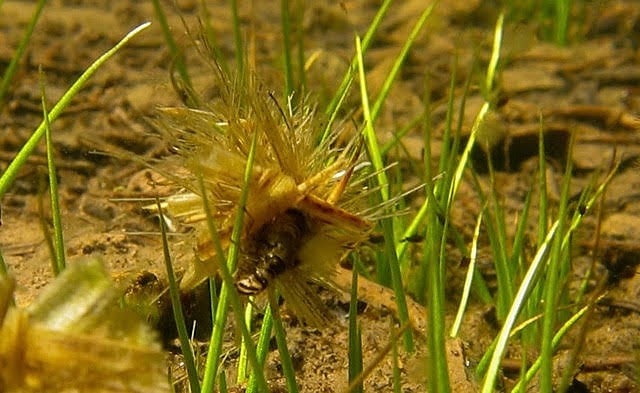
Newcomers May Change Ecosystem Functions – Or Not
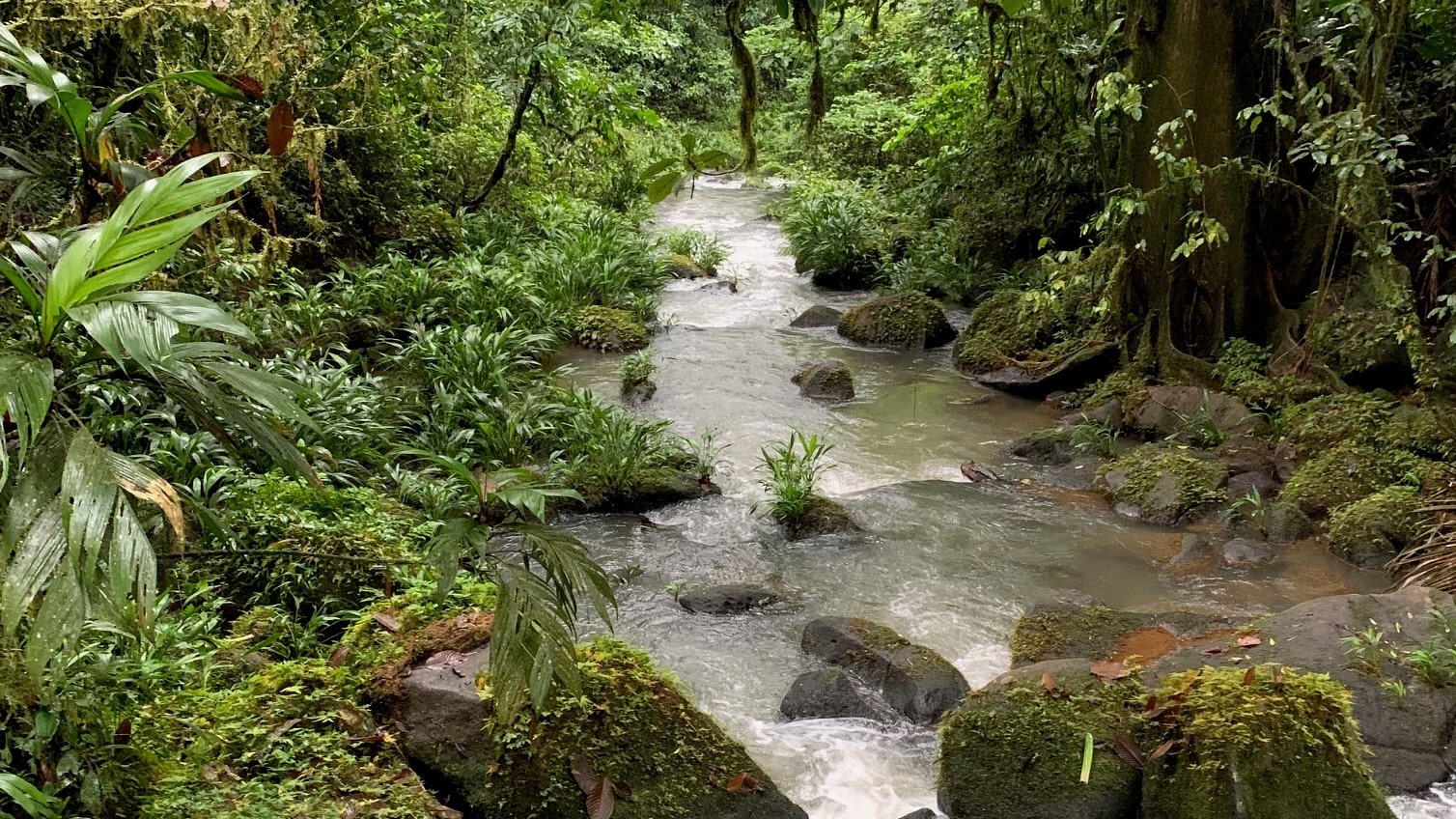
Tropical Streams Reveal Climate Change Insights
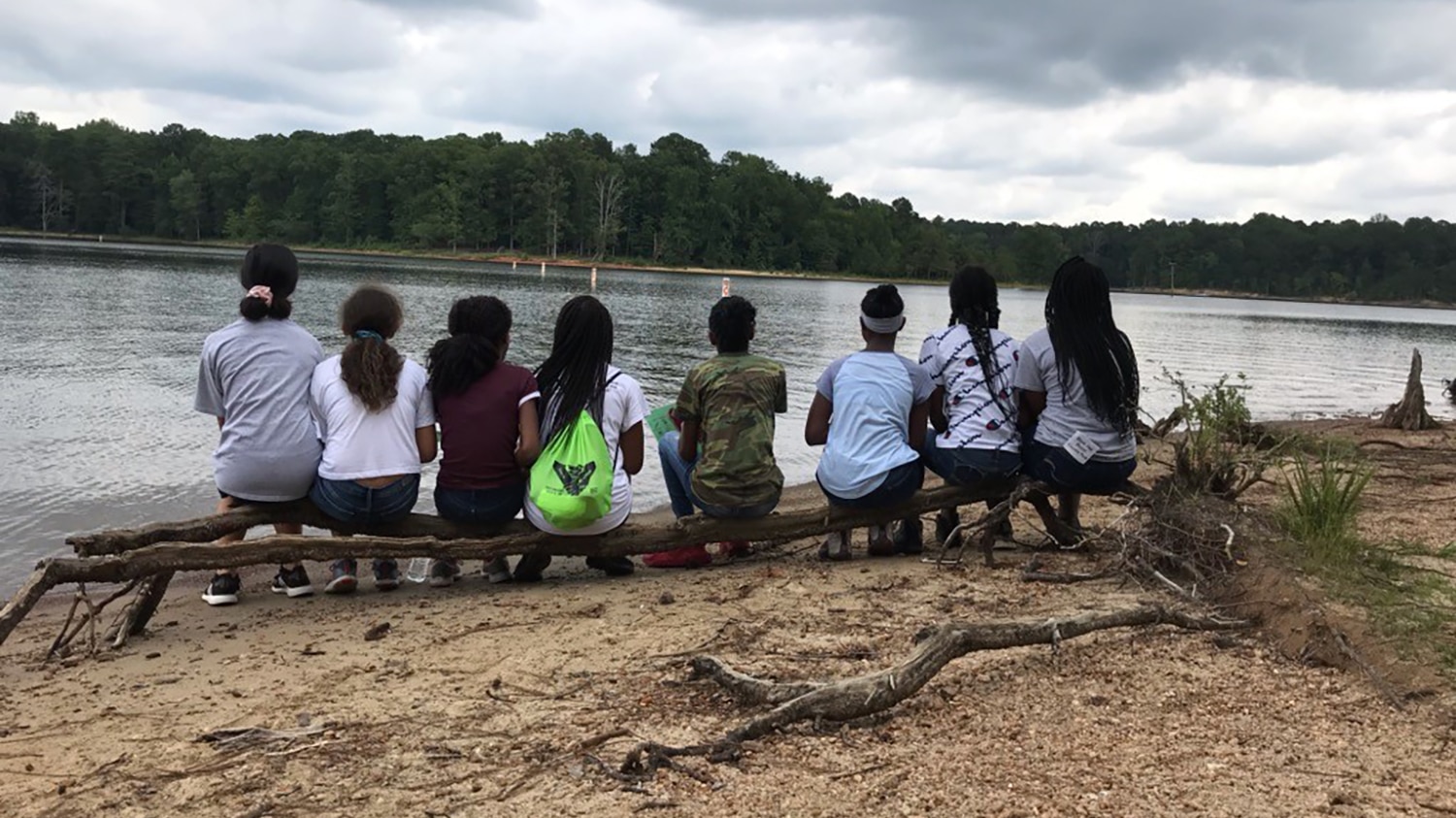
Mentorship Is Key to Inclusion in Ecology

Wildlife and Wildfire: How Do Wild Animals Survive?

To Unpack Colonial Influence on Ecology, Researchers Propose 5 Strategies
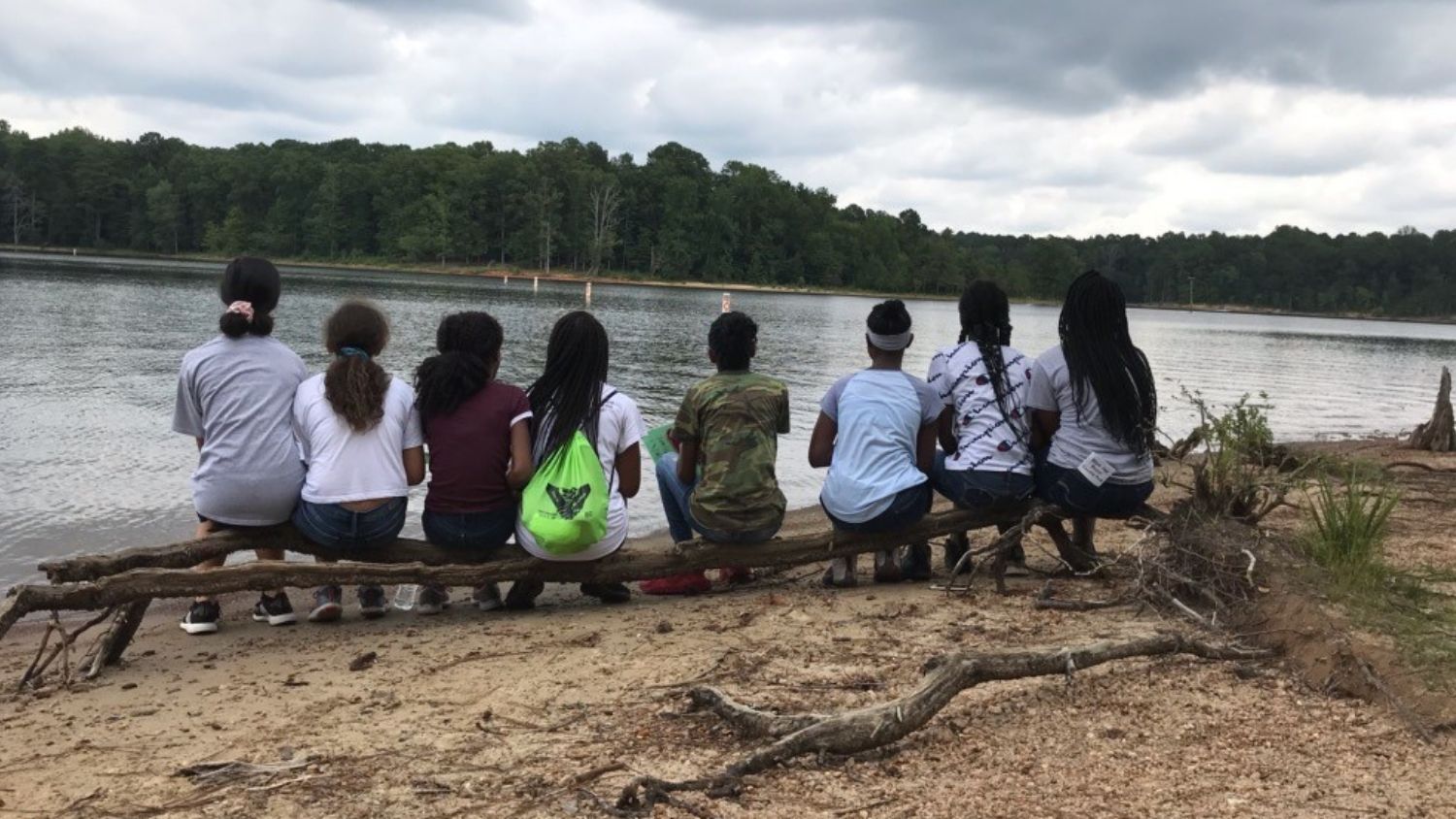
Black Ecologists Look to Offer Support, Recruit Next Generation
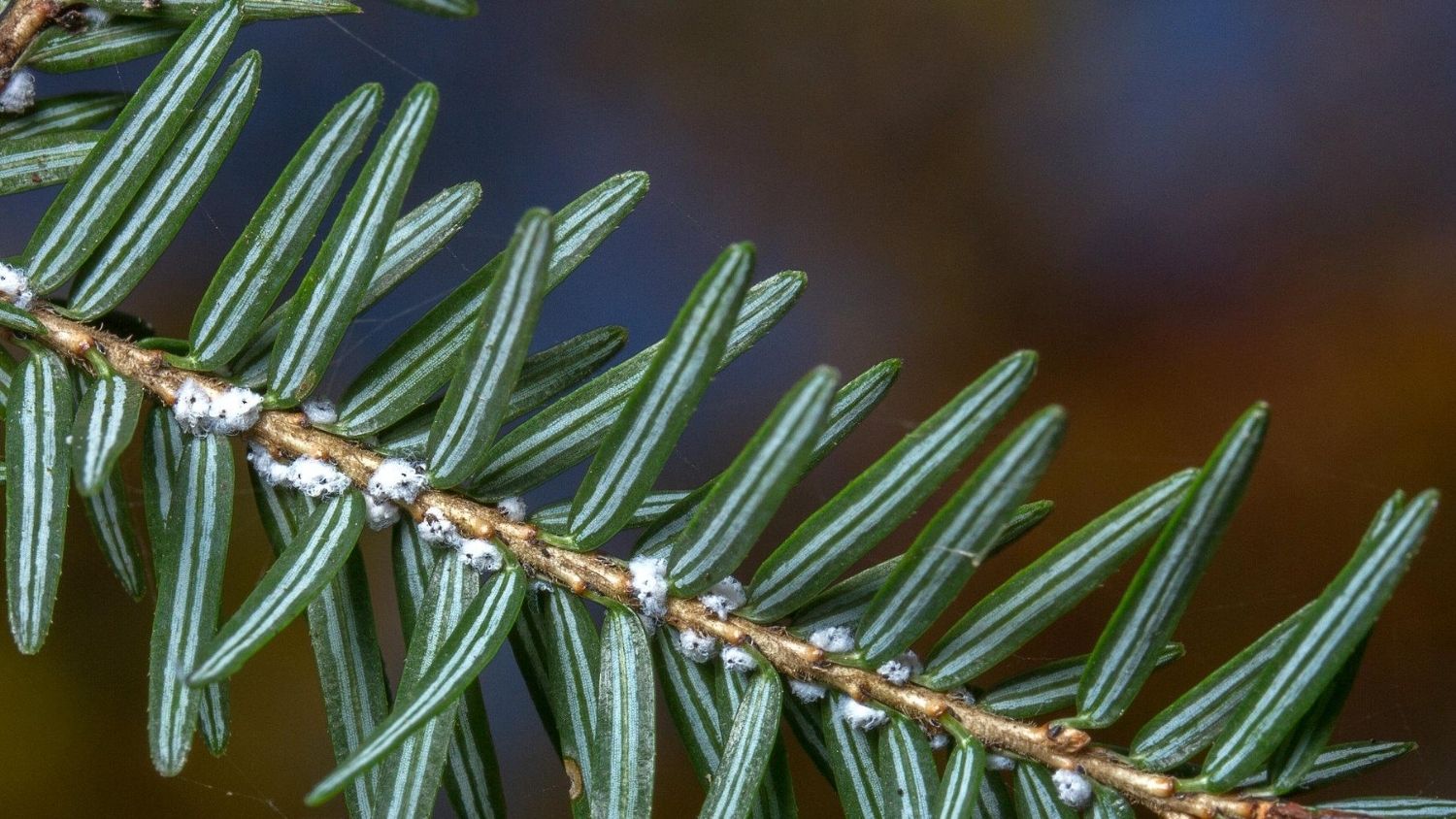
Researchers Warn of Food-Web Threats From Common Insecticides
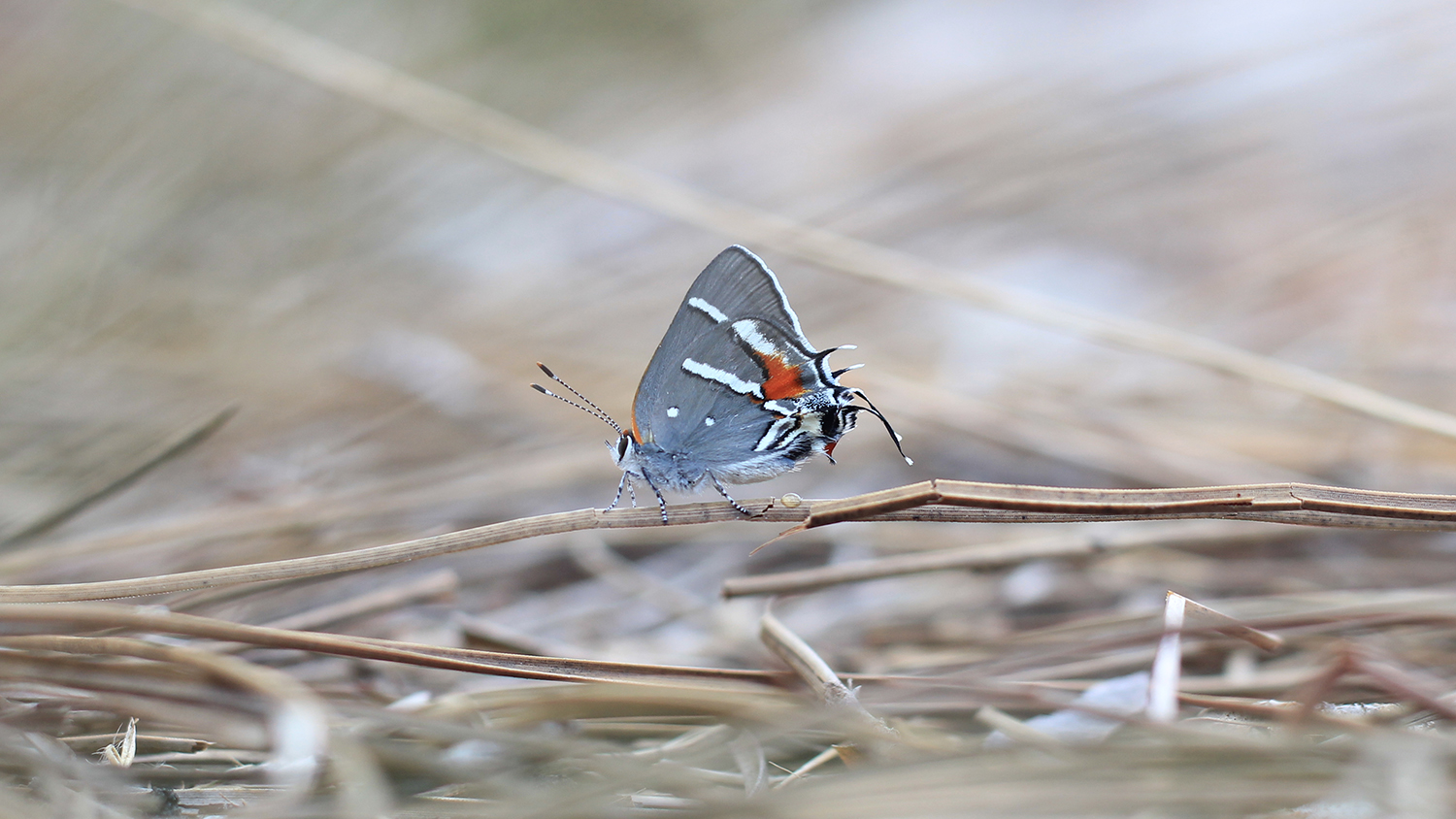
Fire and Butterflies: Insights From a Natural Disaster
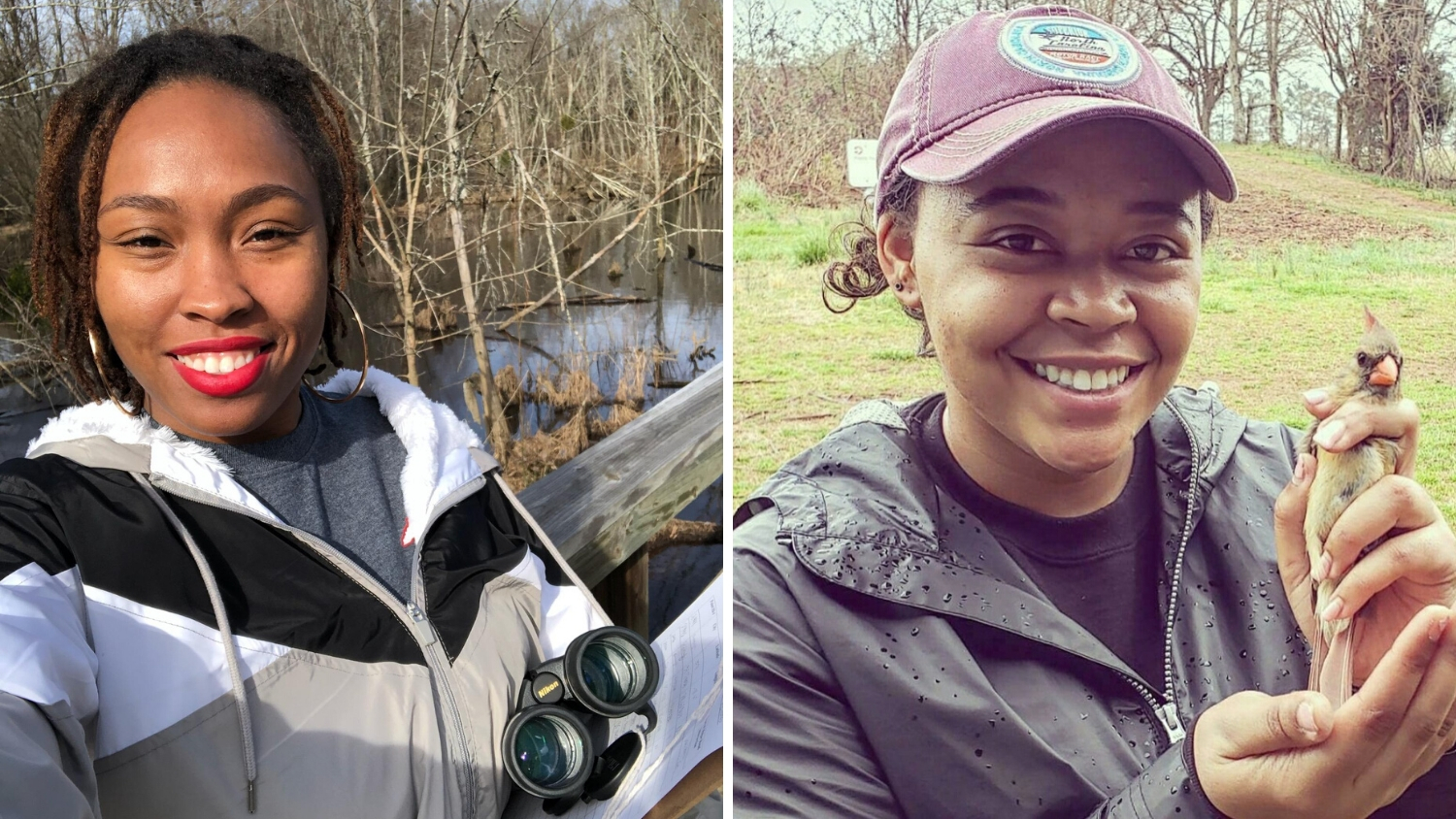
The Importance of Black Birders Week and Its Lasting Impact
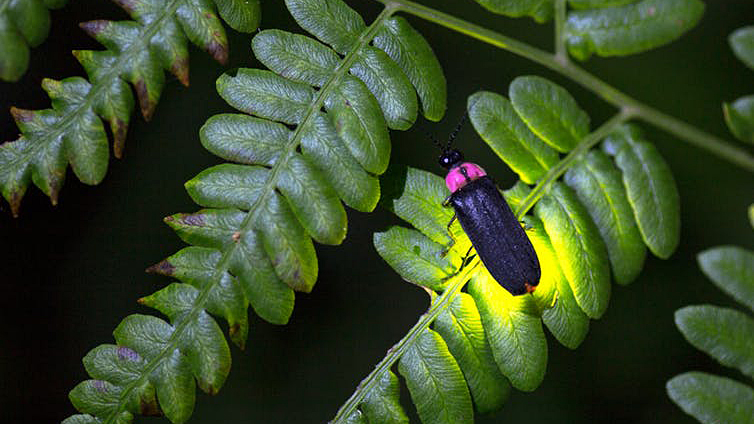
How Fireflies Glow – and What Signals They’re Sending
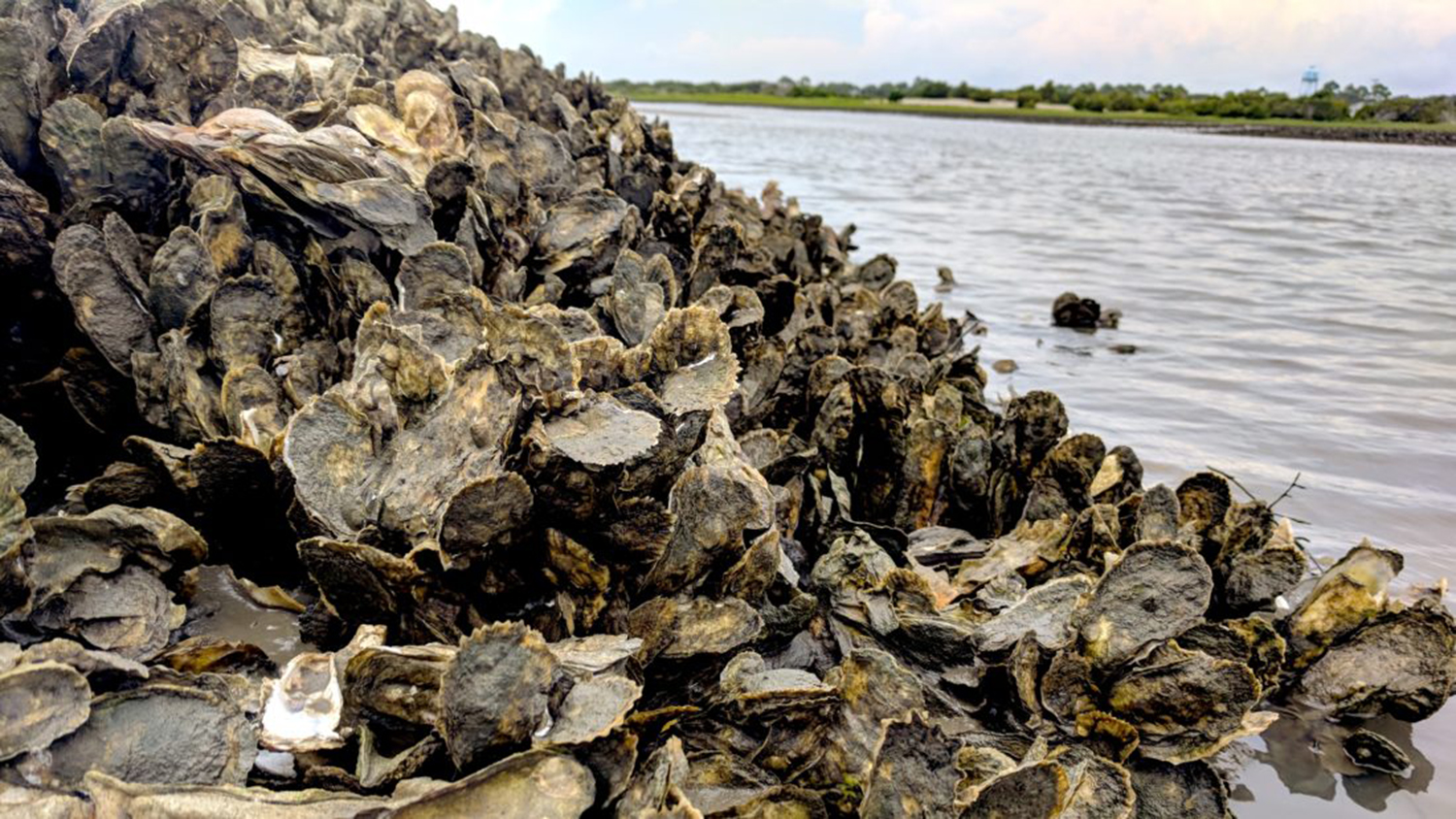
What Can Researchers Learn by Eavesdropping on Fish?
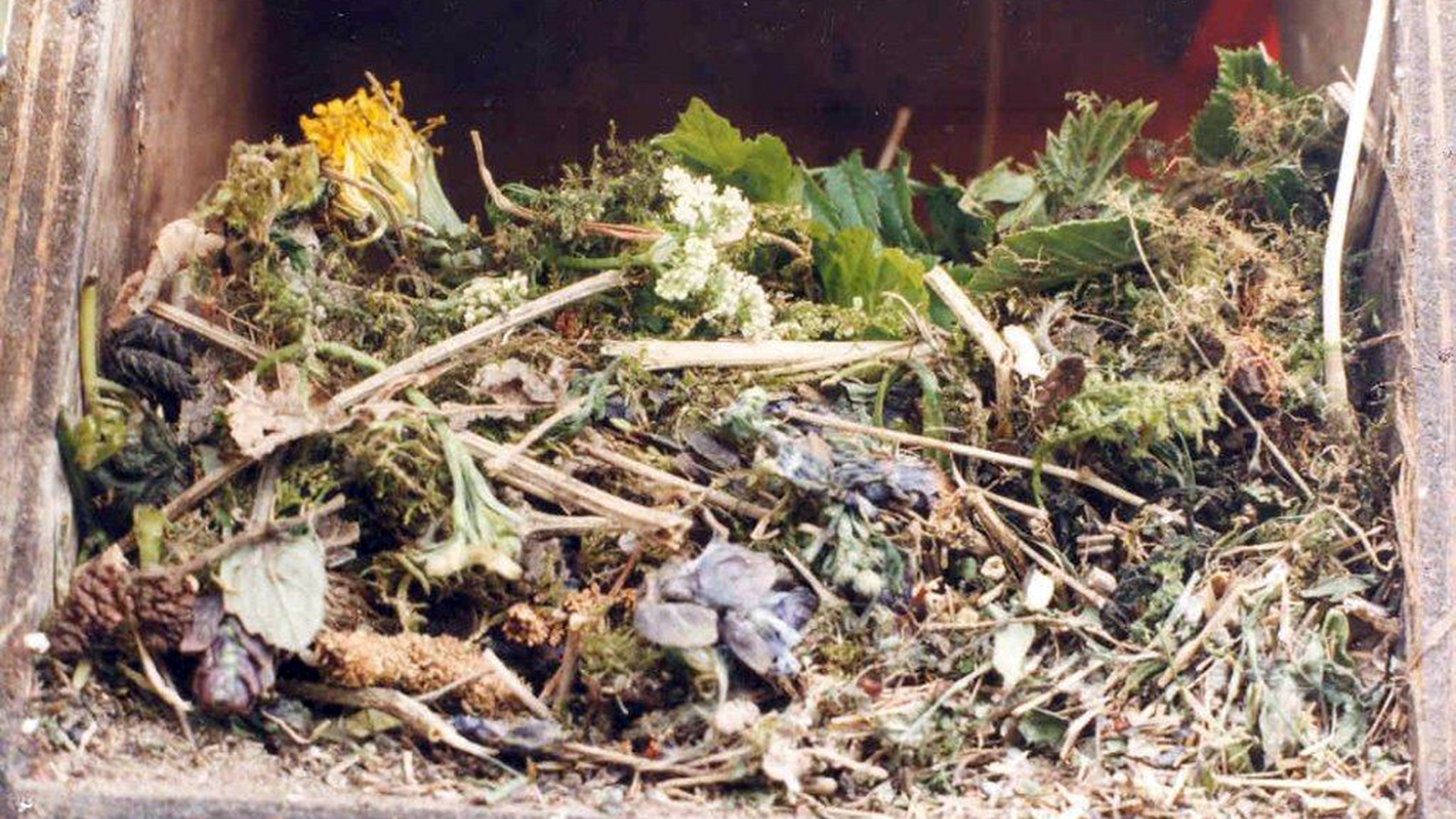
Study Finds Aromatic Herbs Lead to Better Parenting in Starlings
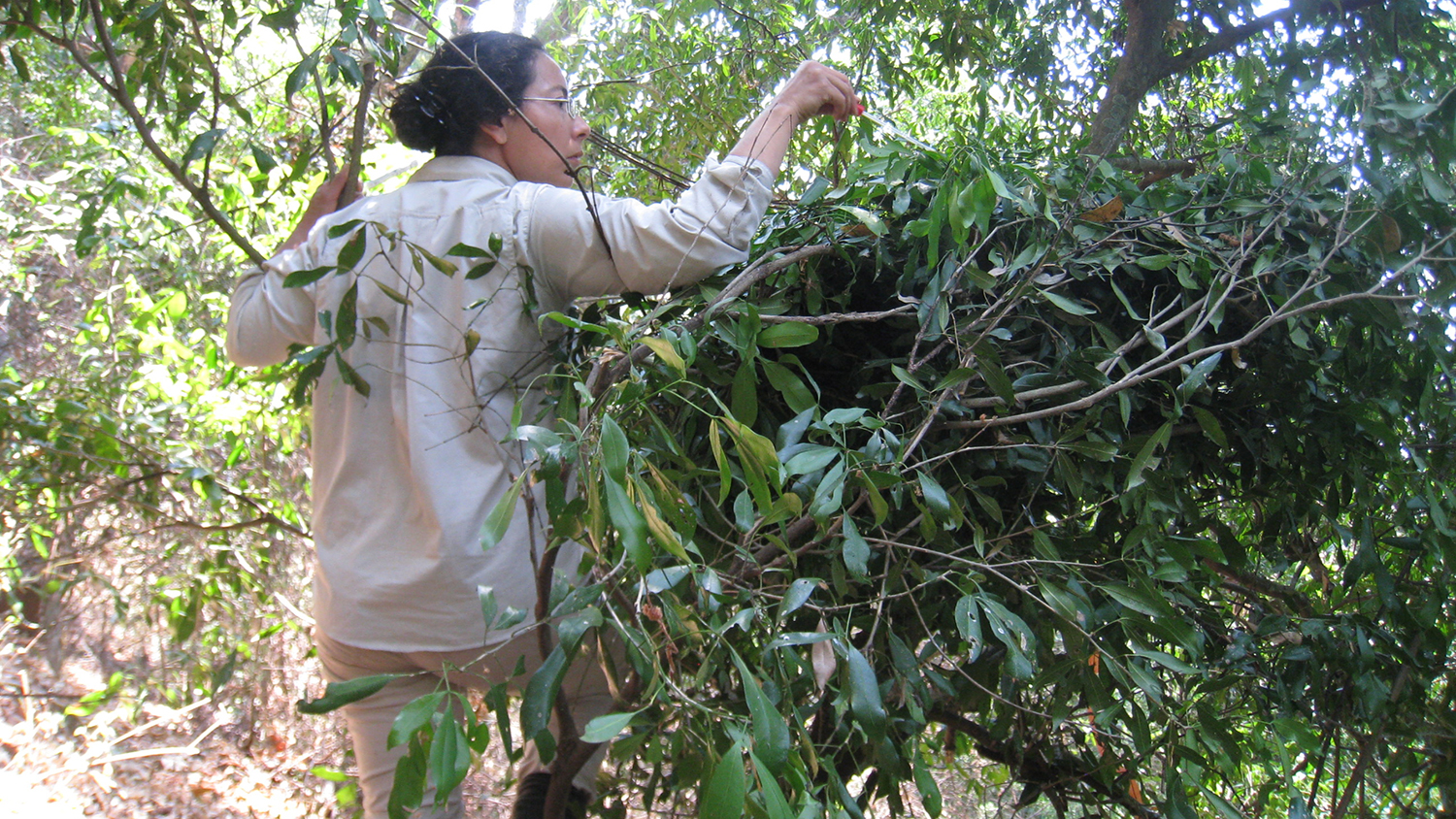
Think Chimpanzee Beds Are Dirtier Than Human Ones? Think Again
